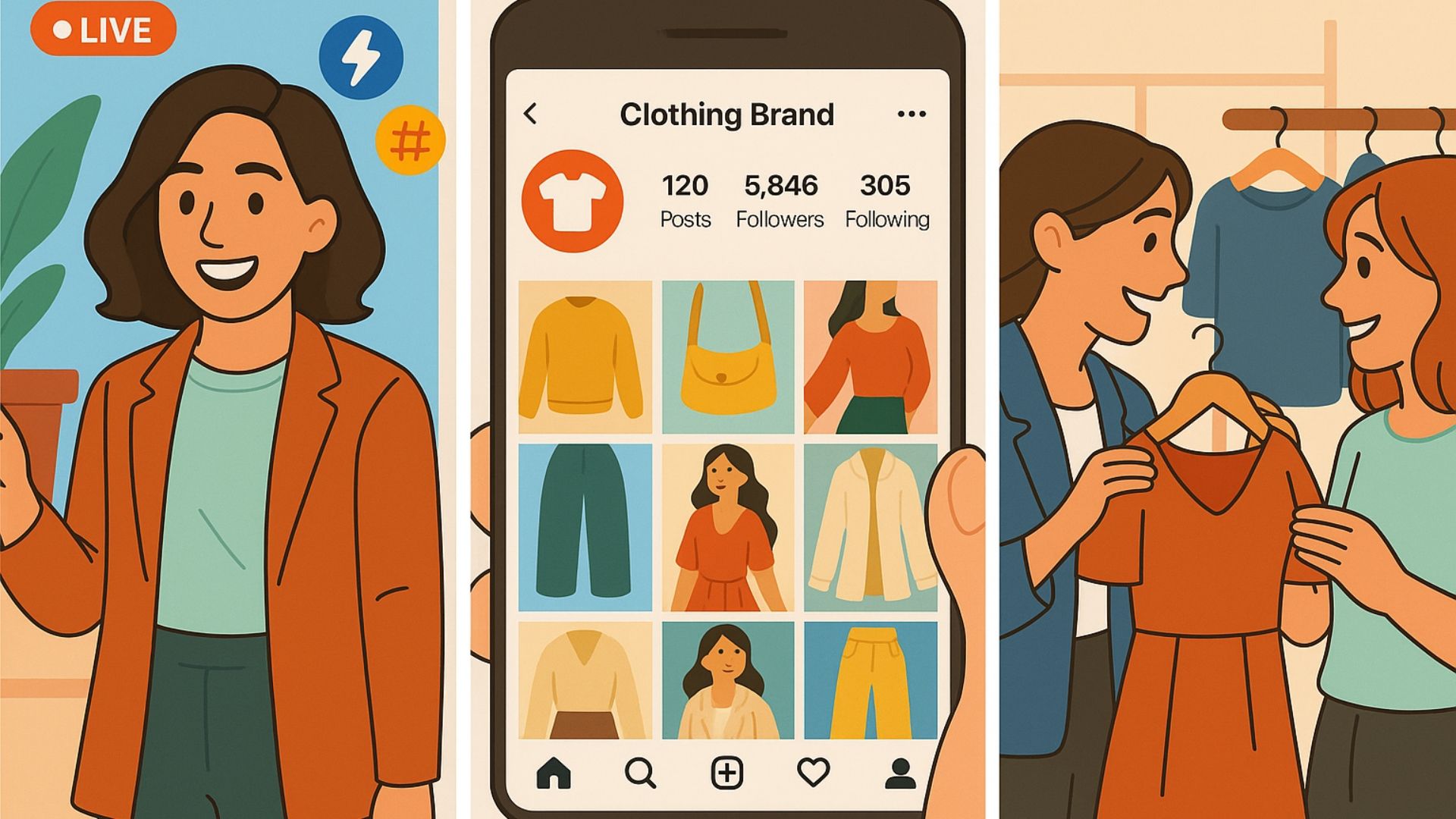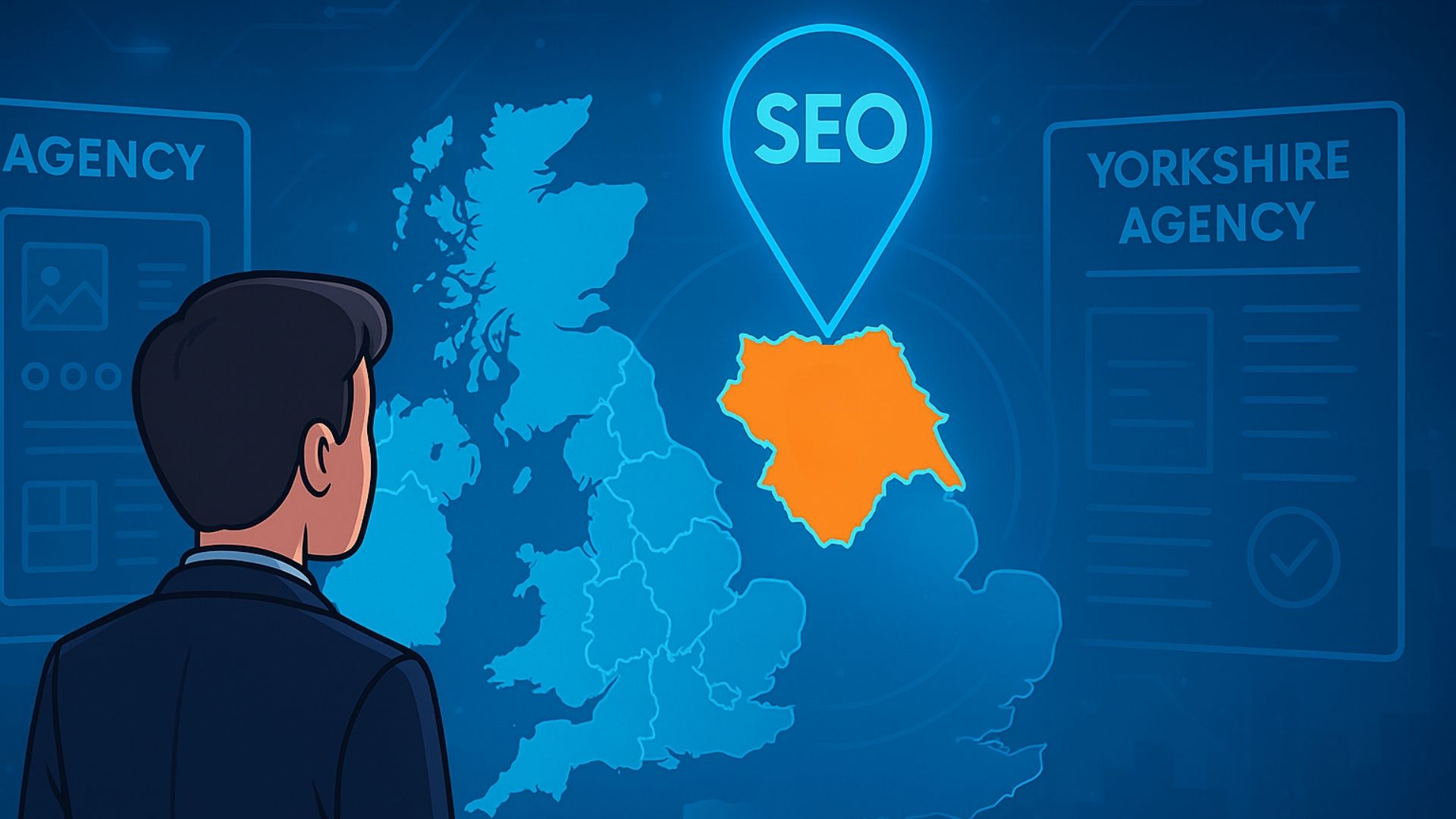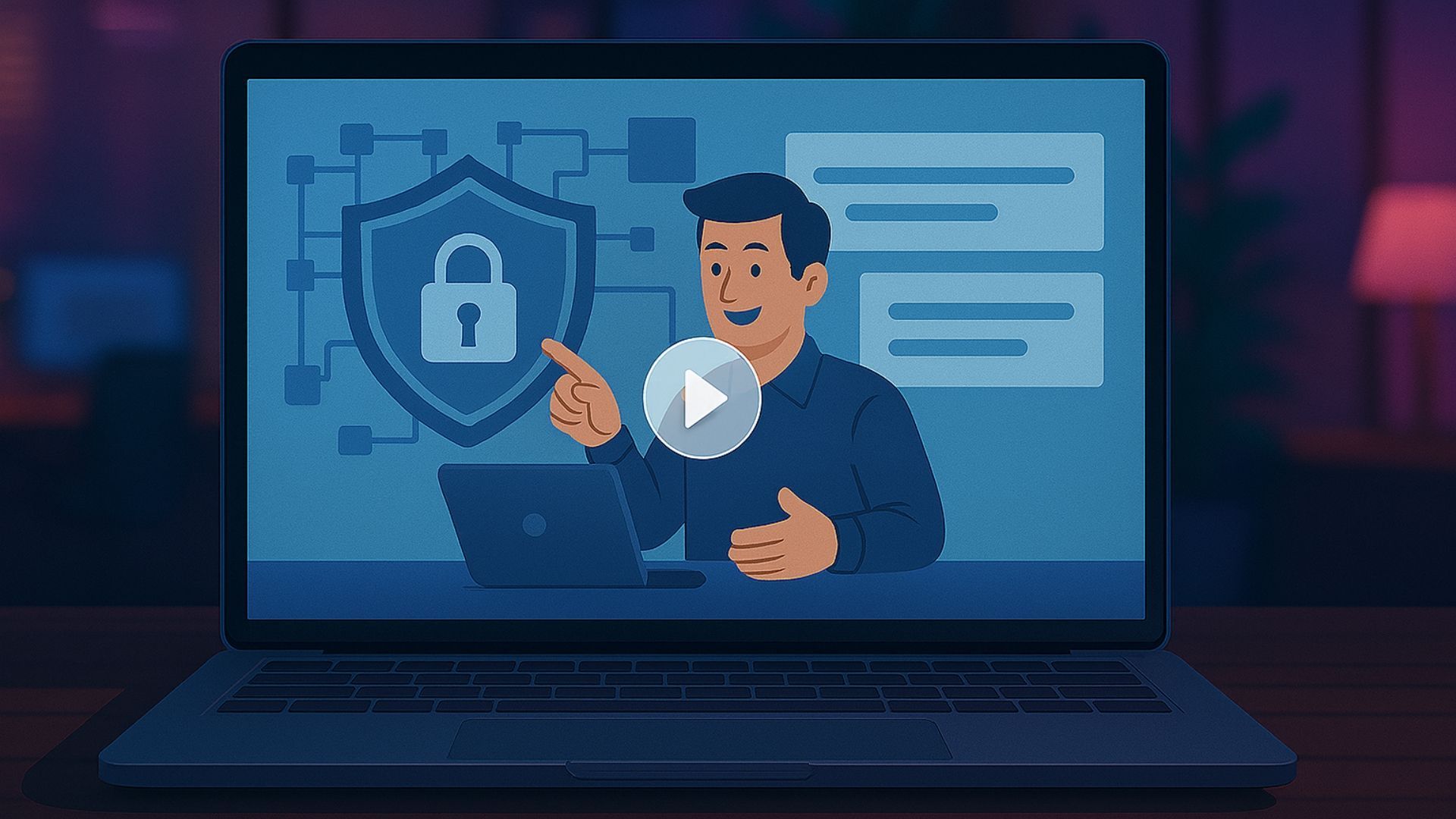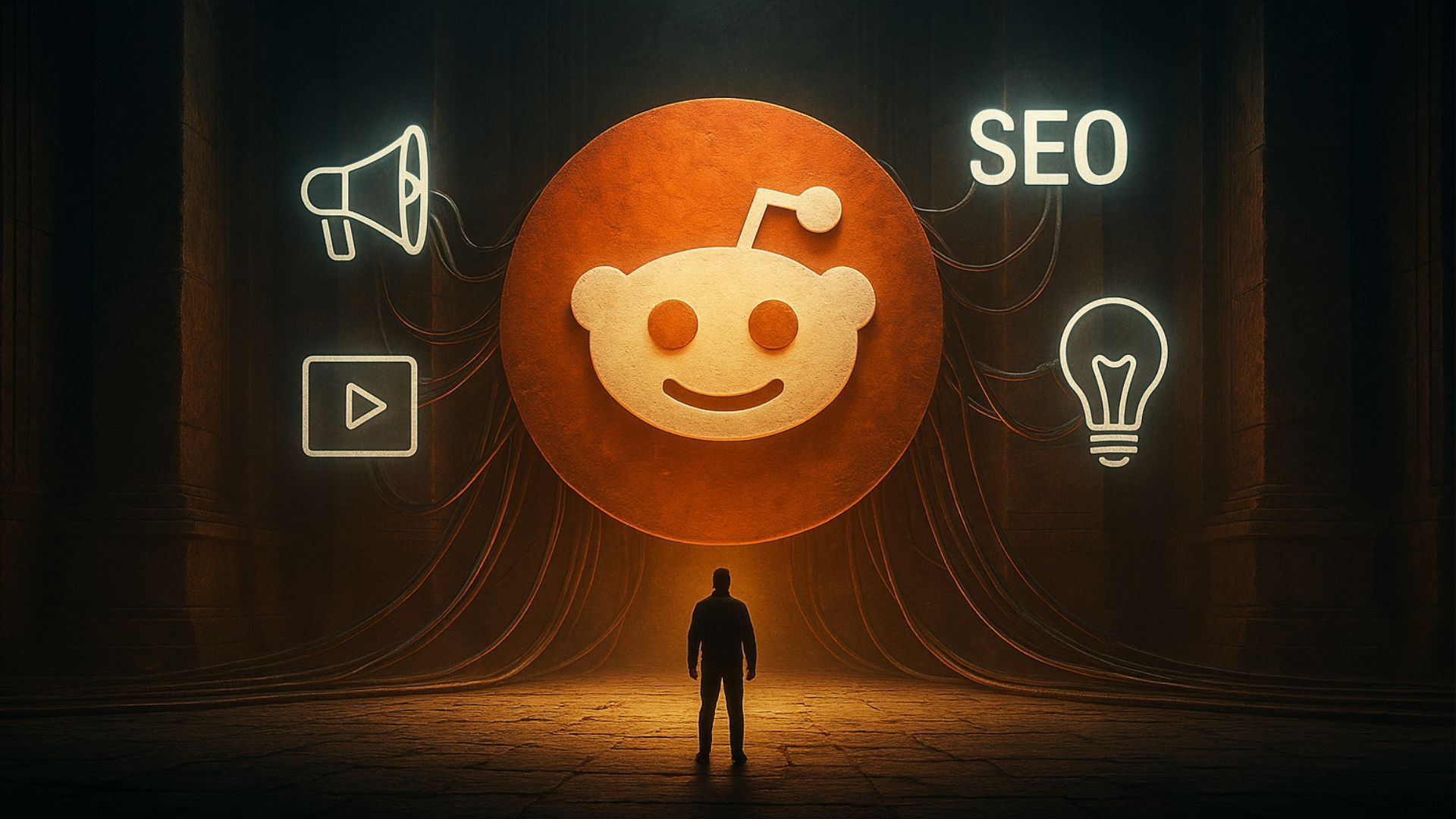What is off-page search engine optimisation?
Want to get other people talking about your brand? Learn how off-page search engine optimisation can help.

In the marketing world, it's common to say you shouldn't be afraid of blowing your own trumpet – especially in the early days of your business.
With the rise of eCommerce, the market has never been more crowded. The online marketplace is like a rag market where every vendor is shouting for attention. But unlike a rag market, it stretches right across the world.
So yes, singing your own praises is essential if you want to be heard above the din. This is partly achieved through on-page SEO – a suite of tools and tactics that make your page more search-engine-friendly and give it a boot up the search rankings.
But every successful business is built on more than just self-reviews. And that something else is
buzz.
You can toot your horn until your lips bleed. But if other people aren't beating the drum for you, you're unlikely to reach your full potential.
This is where off-page SEO comes in. It's a broad category of digital marketing strategies. But all of them have a common aim: to build buzz about you and drive more potential customers to your site.
"Ah yes", the tech-savvy among you nod. "Backlinks." Well, yes and no. Backlinks are a valuable part of an off-page SEO strategy. But if you just focus on links, you're missing out on something far more powerful: relationships.
Building relationships with influencers, customers, local press and more is worth a thousand links. It gets people talking about you and lets
them improve your online reputation. This, in turn, buffs up your domain authority and search engine credibility.
It's another example of how a successful digital marketing strategy is always multifaceted – and why many young businesses choose to outsource it to a digital marketing agency.
What is the point of off-page SEO?
Off-page SEO is all about getting other people to talk about you. Done well, this can:
- Improve your website's search engine rankings
- Build your site's authority and reputation
- Position you as a leader or expert in your field
- Boost traffic and engagement

Sounds good, doesn't it? Yes – but like all aspects of digital marketing, it requires a sure hand and a gentle touch.
It's also important to stress that off-page SEO isn't just one thing. To do it well, you need to keep a lot of balls in the air – and you need to continuously monitor your progress and make fine adjustments.
So, what does off-page SEO involve? Here are just some examples of how you can get other people to bring traffic to your site.
Social media marketing
Ah, social media. For all its ills, its importance to small businesses is inarguable.
However, social media marketing is more than just having accounts on Facebook, Instagram and TikTok. It's also about engaging with your audience, answering their questions and ensuring they feel valued. This ups your chances of getting positive reviews and word-of-mouth referrals.
Reaching out to influencers
Influencers are sometimes the butt of the joke. But there's no denying that in the Age of TikTok, they have the power to bring new customers to your site – the power, in short, to influence.
As with all marketing outreach, you need to do your research and find the right influencer. Not any old channel will do. You need to find someone reputable and relevant – not to mention someone with good reach.
Online public relations (PR)
It's a bitter pill that every fledgling business has to swallow: very few people will join your party without third-party endorsement.
Luckily, there are many ways to achieve this. You can reach out to websites in your field and offer to write a guest blog that links back to your site.
Perhaps even more powerfully, you can forge connections in the local or industry press. This means your next move is more likely to receive positive coverage and reach a whole new audience.
Online reputation management

"My patisserie provides the best croissants in town." Cool. Says who?
For anyone to take a punt on your pastries, you're going to need to offer proof. And while you can partly do that through clear information, menus and photos, you need other people to make the case for you.
That's why it's so important to build a positive online reputation through review management and social media engagement.
At the very least, you should claim your Google business profile and manage customer reviews. If you don't, your business profile is auto-generated and likely to be wrong. It's the online equivalent of letting AI generate your shopfront. Avoid!
Engaging with online communities
Online communities like Reddit and Quora offer a digital marketer's dream: self-segmented demographics looking for answers.
Done well, marketing in these kinds of online communities can fine-tune your targeting and engage more potential customers. But be warned: a full-frontal marketing attack will likely be met with scorn. In online communities, subtlety is all.
Repurposing content
Let's say your content focus is on accessible blog posts that speak to your target audience. The good news is that you can make that content stretch further by repurposing it.
You could turn that blog into an explainer video and post it on Instagram. You could turn it into bitesize points for TikTok. You could summarise its points into a useful infographic. You could even turn it into a podcast episode.
Once you're in the habit of repurposing content, you're sure to find it reaches more people – if, that is, it's content that people want to engage with. AI-generated blog posts
aren't going to cut it.
So, there you have it – a beginner's guide to leveraging off-page SEO and helping your business grow. We hope it helps!
Looking for
affordable search engine optimisation services? We're a small team of digital do-gooders who know SEO like Batman knows his Batmobile.
Get in touch with My Digital Hero today to book a free discovery call.











